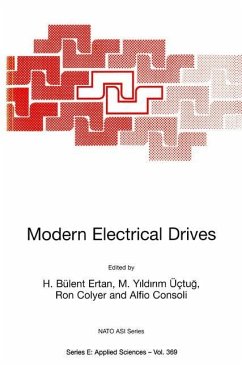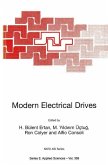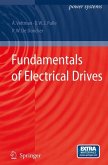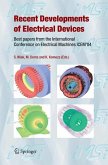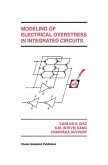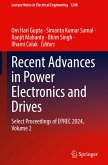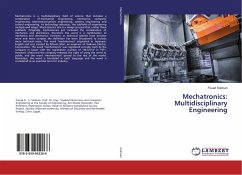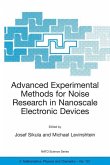Electrical drives lie at the heart of most industrial processes and make a major contribution to the comfort and high quality products we all take for granted. They provide the controller power needed at all levels, from megawatts in cement production to milliwatts in wrist watches. Other examples are legion, from the domestic kitchen to public utilities. The modern electrical drive is a complex item, comprising a controller, a static converter and an electrical motor. Some can be programmed by the user. Some can communicate with other drives. Semiconductor switches have improved, intelligent power modules have been introduced, all of which means that control techniques can be used now that were unimaginable a decade ago. Nor has the motor side stood still: high-energy permanent magnets, semiconductor switched reluctance motors, silicon micromotor technology, and soft magnetic materials produced by powder technology are all revolutionising the industry. But the electric drive is an enabling technology, so the revolution is rippling throughout the whole of industry.
`The editors have obviously taken a great deal of time and effort to compile various contributions into well-written, coherent, and valuable reference book. The reader will gain a full understanding of electric drives, the issues, applications, and technology by reading this book. This book would be a use to those working in the field of electric drives as a reference text. It could also serve as a suitable text for a senior or graduate level electrical engineering course.'
IEEE Electrical Insulation Magazine
IEEE Electrical Insulation Magazine
`The editors have obviously taken a great deal of time and effort to compile various contributions into well-written, coherent, and valuable reference book. The reader will gain a full understanding of electric drives, the issues, applications, and technology by reading this book. This book would be a use to those working in the field of electric drives as a reference text. It could also serve as a suitable text for a senior or graduate level electrical engineering course.' IEEE Electrical Insulation Magazine

